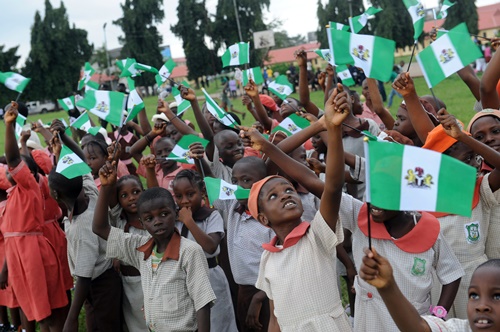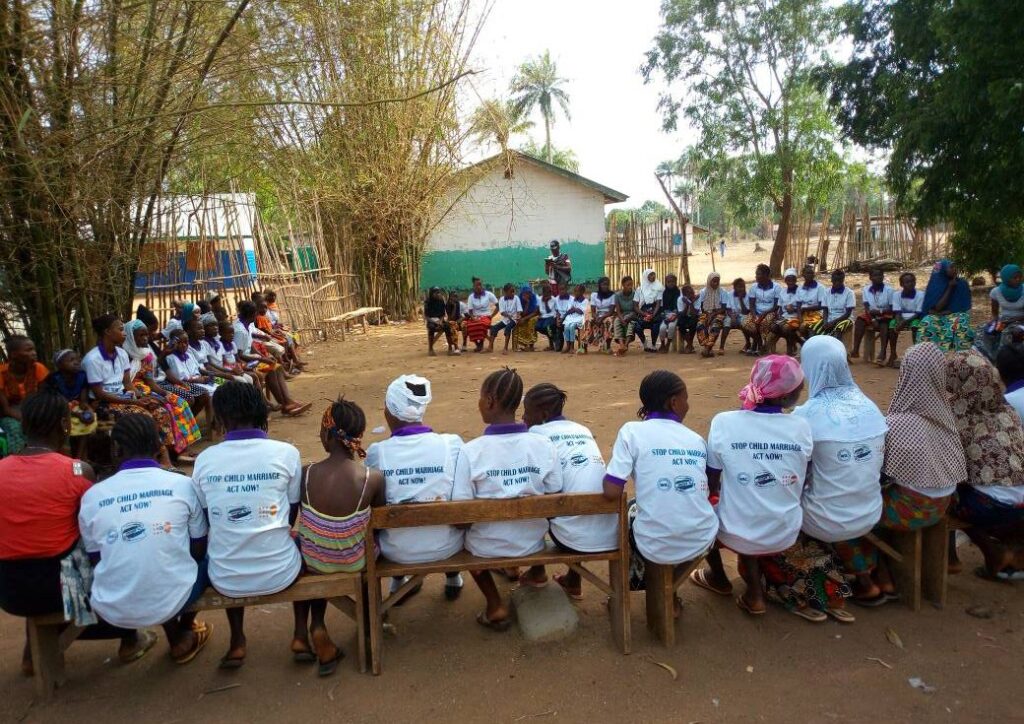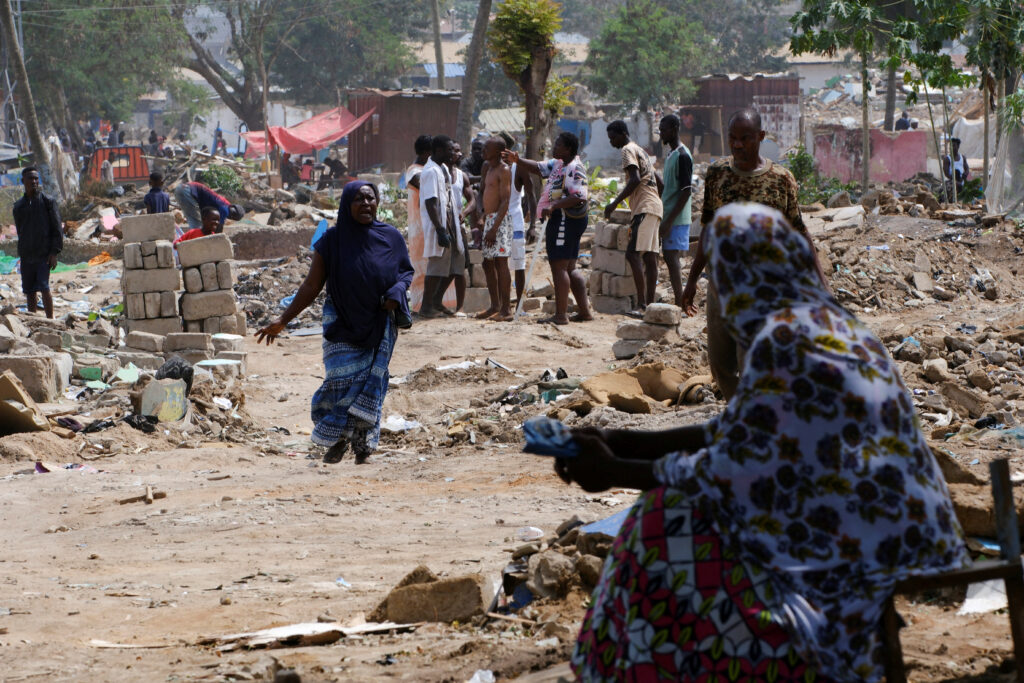For many Nigerians, living standards have become increasingly expensive, and the notion of “the Nigerian dream” has become elusive. The Nigerian dream is simply the conditions necessary for a quality life, such as good healthcare, education, roads, security, and electricity. However, despite its vast natural resources, economic viability and dynamic population, Nigeria still faces numerous challenges that hinder its growth and the realisation of this dream. The Nigerian dream is bleak, and for some people, the gap occupied by the dream has been replaced either by a resolve to build a new life outside the country or possibly something sinister- the motivation to indulge in criminal activities.
The components of the Nigerian dream have become increasingly elusive in recent years due to economic instability, political corruption, and social inequalities. Financial empowerment and innovation are the cornerstones of a renewed Nigerian dream. The nation’s economy so far has become unfavourable for millions of Nigerians, with over 60% of citizens enduring multidimensional poverty. The removal of the fuel subsidy sent the country down a path of unexpected hardship and unaffordable market prices.
Other intangible yet fundamental issues prevent Nigerians from the actualisaton of a better country. Existing conflicts and inequalities in Nigeria propel already-existing tensions among ethnicities. The tensions, in turn, promote the notion that people should exist within ethnic clusters and tribal barriers instead of as a united country. The government must consciously work with relevant stakeholders and Nigerians to strengthen inter-ethnic ties and build a renewed sense of nationalism among the country’s populace.
Social equity and inclusion are critical areas that need attention. Bridging the gap between the rich and the poor and ensuring that all Nigerians have access to essential services such as healthcare, clean water, and electricity is vital. According to Dataphyte, wealth disparity in Nigeria is glaring, and the country’s parity is 35.1 per cent. Nigeria’s policies that promote gender equality, protect the rights of minority groups such as persons with disabilities (PWDs), and foster social cohesion should be improved and implemented to build a more inclusive society where every Nigerian has a fair chance at success. Transparent and accountable governance is the bedrock of national development. Combating corruption, strengthening institutions, and promoting civic engagement can restore public trust and ensure that resources are used effectively for the benefit of all citizens. Political leaders must be accountable for delivering their promises and working towards the common good.
Reinventing the Nigerian dream requires a collective effort from all sectors of the Nigerian society. The government, the private sector, civil society, and international partners must collaborate to create an enabling environment for progress. Citizens must also play their part by participating in the democratic process, advocating for their rights, and contributing to community development. The new Nigerian dream envisions a nation where everyone can achieve their full potential in a fair, just, and prosperous society. It is a dream that embraces innovation, values education, champions social equity, demands good governance, and prioritises sustainability. Nigerians can turn this vision into reality by working together and setting a new course for a brighter future. The road to reinventing the Nigerian dream is challenging but achievable. With determination, resilience, and a shared vision, Nigeria can overcome its obstacles and realise the aspirations of its people, transforming the dream from a mere idea into a tangible reality.



